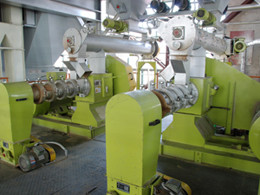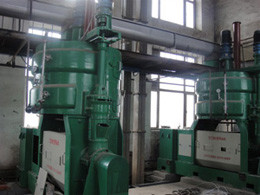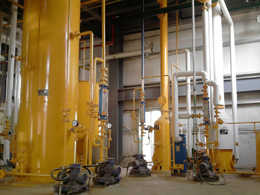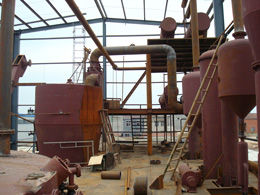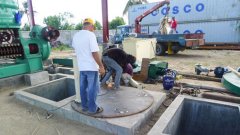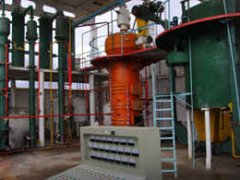Copra Solvent Extraction Plant
Copra is usully the dried meat or kernel of the coconut. The copra contains 60 to 65% of oil and 7% of water. The oil represents about 12 to 15% of the total weight of a full nut.
Coconut oil comes from dried coconut flesh, called copra. Copra is dried in a wood-fuelled kiln, or in the sun, over a period of a few days. Coconut oil extracted from it has made copra an important agricultural commodity for many coconut producing countries. It also yields coconut cake which is mainly used as feed for livestock.Usually the coconut oil is extracted from dry copra using oil expellers.
To get maximum amount of oil from the copra it has to be dried well. In houses people dry it in sunlight and for large scale production big driers are used. Copra oil extraction requires large-scale, high-pressure, expensive, energy-intensive equipment. Unhygienic copra means that the resultant oil is normally of low quality with a Free Fatty Acid (FFA) level of 3% or more. (FFA is one measure of rancidity of oil). The oil cake obtained as a by-product will find a ready market as a cattle feed and in the manufacture of mixed cattle feeds or as a raw material for the extraction of remaining oil by solvent extraction plant.
The fibrous pericarp represents about half of the total weight, the mesocarp about 1/6 to 1/12 and the nut about 1/3 to 1/4. Copra oil extraction requires large-scale, high-pressure, expensive, energy-intensive equipment. Unhygienic copra means that the resultant oil is normally of low quality with a Free Fatty Acid (FFA) level of 3% or more. (FFA is one measure of rancidity of oil).
Copra Solvent Extraction Plant Process
Well dried copra with a moisture content not exceeding 6 per cent is cleaned well from any foreign matter. It is then cut into small chips in a copra cutter. The chips are fed into steam jacketed kettles and cooked mildly at a temperature of 70oC for 30 minutes. After proper cooking, the cooked material is fed into the expeller continuously and pressed twice. The combined oil from the first and the second pressing is collected in a tank provided separately. This oil is filtered by means of a filter press and stored in MS tanks. Bulk packaging is done in tin containers. HDPE containers and polymeric nylon barrier pouches are used for small consumer packings. The quality of copra is related to the quality of coconut oil.
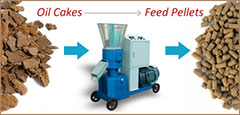


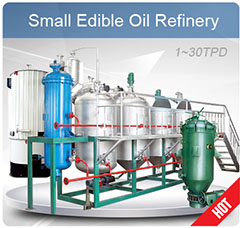
Want to set up a mini mustard oil mill of your own ? With the rapid ...
Mustards are part of the oilseed family and are regarded both as a s...
Interested in begin a small size corn oil extraction plant but dont ...
Do you want to make the edible rice bran oil at from using your mill...

